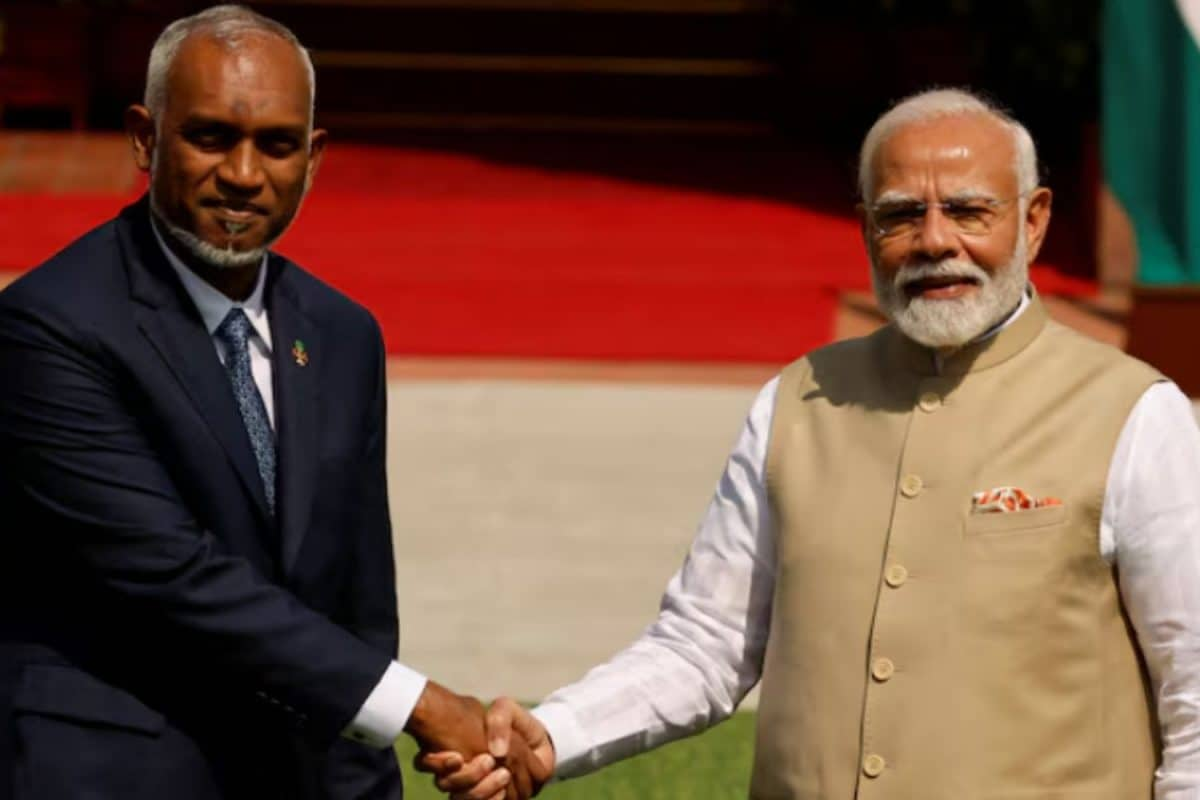

Prime Minister Narendra Modi is currently on a state visit to the Maldives, marking a significant turning point in the relationship between the two nations. Invited by President Mohamed Muizzu, the visit from July 25 to 26, 2025, includes PM Modi attending the Maldives' 60th Independence Day celebrations in Malé as the Guest of Honour. This visit is particularly noteworthy as it is the first state visit of a Head of Government hosted by President Muizzu since he assumed office in November 2023.
The relationship between India and the Maldives has seen its share of ups and downs. President Muizzu's election was initially marked by an "India Out" campaign, creating a period of strain between the two countries. However, recent developments indicate a recalibration and a renewed focus on strengthening bilateral ties.
Several factors have contributed to this positive shift. There has been a conscious effort from both sides to steer the relationship away from reactive posturing. India has extended substantial financial and budgetary support to the Maldives, including a crucial currency swap agreement for $750 million until 2027 and rolling over a $50 million treasury bill. These measures have helped the Maldives address its foreign currency challenges and stabilize its economy.
Moreover, both countries are now emphasizing pragmatism, non-partisanship, and economic urgency in their approach to the relationship. The focus is on completing existing major projects efficiently to reduce delays and tap into available financing. Key projects include the Hanimadhoo airport project and the construction of 4,000 housing units, expected to be fully operational starting August 2025, and the Greater Male Connectivity Project (GMCP) bridge, slated for completion by September 2026.
During the visit, PM Modi and President Muizzu are expected to hold extensive talks focusing on strategic cooperation, economic partnership, and maritime security. Several key agreements are anticipated to be signed, covering various sectors of mutual interest, including infrastructure and capacity building. These agreements aim to enhance regional integration and fortify economic stability in the archipelago.
India's High Commissioner to the Maldives, G Balasubramanian, has highlighted India's role in the development of the island nation. He noted that PM Modi would be handing over approximately 4,000 housing complexes constructed under a buyer's credit arrangement. He also emphasized the historical ties between the two countries, noting that India was among the first to recognize the independence of the Maldives in 1965.
The visit also underscores the importance India places on its "Neighbourhood First" policy and Vision MAHASAGAR (Mutual and Holistic Advancement for Security and Growth Across Regions). Despite occasional political noise, the underlying foundation of mutual respect and shared history continues to shape the relationship between India and the Maldives.
Former Maldivian President Mohamed Nasheed has acknowledged India's crucial assistance in preventing the Maldives from defaulting on its debt. This sentiment is echoed by former President Ibrahim Mohamed Solih, who stated that PM Modi's visit demonstrates India's reliability as a friend, even after political unrest.
Looking ahead, India and the Maldives are exploring a free trade agreement (FTA) and a broader investment pact, particularly focused on renewable energy and fisheries. These initiatives, along with ongoing development projects and enhanced cooperation in maritime security and combating drug trafficking, signal a positive trajectory for India-Maldives relations.